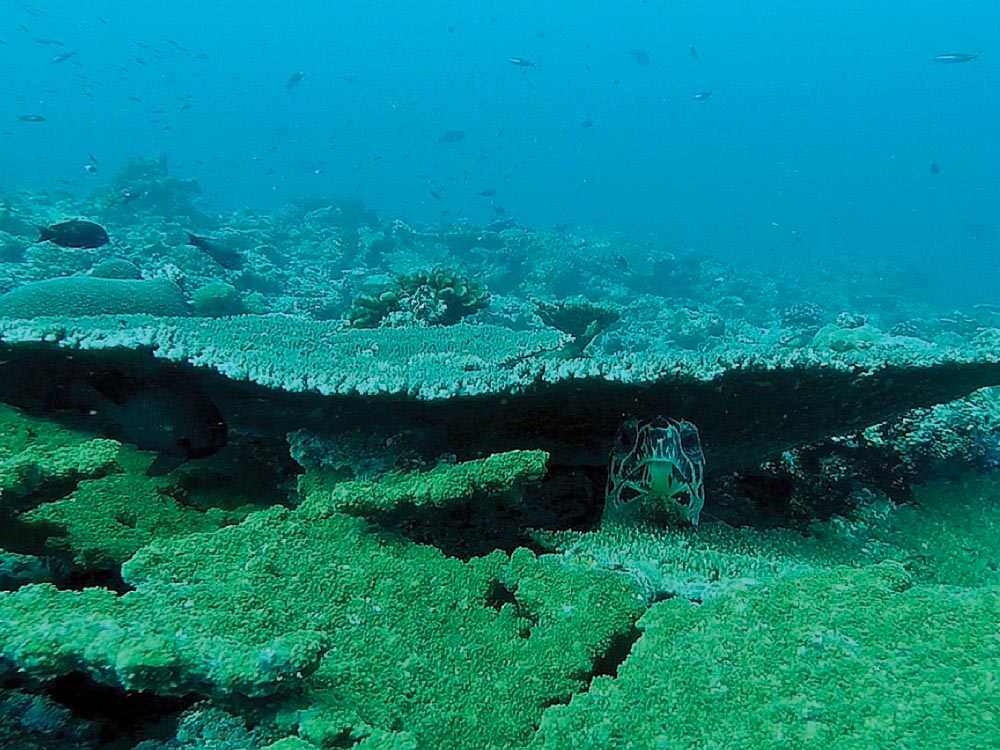Marine Ecosytems and Bioproduction Master's Degree
Accéder aux sections de la fiche
Details
Skills
- Integrate the spatial and temporal dimensions of environmental systems
- Address environmental issues through a multidisciplinary approach
- Identify and analyse the challenges of aquaculture and its interactions with the coastal zone environment
- Implement and analyze the results of direct and indirect biological study methods of marine environments
- Implement and analyze the results of biotechnological study methods applied to the valorization of marine substances
Language requirements
The programme is taught in English. A good command of the English language is required (B2 score as defined by the Council of Europe).
Career Opportunities
Whether you want to work in the public or private sector, this programme is for you.
With this diploma, you can apply for positions as an engineer, a project manager or a lecturer-researcher (after a PhD).
Updated on 10 February 2026.


